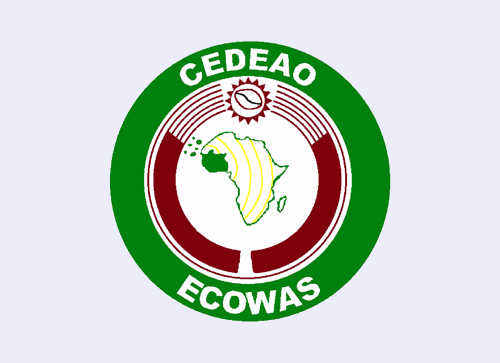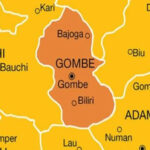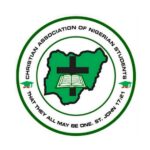At the Economic Community of West African States (ECOWAS) Council of Ministers meeting last Tuesday, the body’s chairman, Shirley Ayorkor Botchway, announced the restructuring of the 46-year-old sub-regional body for cost-effectiveness. She told the ministers that “our key objective is for a more effective and efficient ECOWAS institution that will deliver quality service to our people. We must bear in mind that an efficient ECOWAS will serve all our countries through a focus on programmes and projects implementation that impact directly on the lives of our community citizens.”
The restructuring that Botchway talked about was based on the recommendations of the Maxwells Temp Report that suggested lean number of statutory appointees to the body, which would scale down representations by each country on the management of ECOWAS. Under this arrangement, commissioners would be reduced from 15 to 7 to trim down the cost of running the organisation and reduce the overlap of functions by the commissions. Though Botchway said the restructuring would be broad-based, its ramifications were not made public. The body has promoted intra-West African trade, leading to a measure of economic growth, set up ECOWAS Monitoring Group (ECOMOG) that has helped to deploy troops in troubled regions; held ECOWAS summits and, to some extent, road transportation and telecommunication among member-countries.
No doubt, ECOWAS must do much more than administrative restructuring to enable it to achieve its objectives, and make itself relevant to member-countries. Established in 1975 as key instruments and protocol for seeking to position cross border trade as tool for wealth creation and poverty eradication, the achievement of this target appears to be a mirage. Over the years, agreements have been signed among member-countries but the impact and implementation of such deals fell below expectations because of mutual suspicion among the private sectors and inconsistent disposition of the leadership of member-countries.
The targets are not achieved because of several factors, among them the weak understanding of regional framework for economic integration, delay in the transit of goods from one member-country to another, bribery and corruption and the borders, lack of receipt for charges for goods, and the overriding interests of former colonial countries. There is also the externally induced consumption patterns and tastes for consumer, immediate and capital goods and services by government and the political and business classes; low or negative investment in production and manufacturing, and the flight of capital away from the continent to industrialised countries. Also as plagues are low integration processes among component nationalities and social classes; externally induced developmental policy profiles and orientation of states and governments; and globalisation and the acceleration of dependence on European controlled market forces, and the continuing under-development of the states. But most significant of these problems is rivalry among the private sectors in member-countries, causing unnecessary tensions, imposition of prohibitive taxation, and the rest.
Beyond economic and trade issues, the sub-region faces crises caused by political instability, leadership deficit, and sometimes dictatorship in the name of democracy. These issues must be dealt with in whatever form of restructuring ECOWAS is contemplating. Member-countries like Nigeria, Mali, Burkina Faso are weighed down by the activities of terrorist groups and cross-border banditry. The sub-region’s protocol prohibiting the trafficking in small arms is not effective; piracy on its territorial waters is causing high marine insurance premium; drug trafficking is not abating; election-related violence and coups are being staged successfully in ECOWAS countries.
We call on ECOWAS to dream a new dream for the sub-region, by coming up with a common vision of a united and strong West Africa, based on partnership between governments, the private sector and all segments of civil society. There should be consultations with the public as an important part of the restructuring/re-purposing of the ECOWAS. Over four decades after its establishment, ECOWAS has not brought together women and youths in the sub-region to work together. There is need to deliberately promote ECOWAS economic integration as a response to the challenges posed by underdevelopment, war, poverty and globalisation. The countries must come together to boost their economies, instead of depending solely on Europe and China. It is apparent that member-countries are closer to other continents than they are to other West African countries. It must be noted that without a common goal and closely knitted relationship, ECOWAS will not achieve its set objectives.

 Join Daily Trust WhatsApp Community For Quick Access To News and Happenings Around You.
Join Daily Trust WhatsApp Community For Quick Access To News and Happenings Around You.


